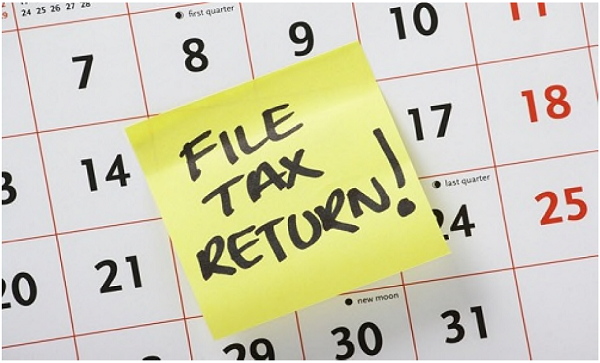Are you planning on taking advantage of one of the many tax breaks?
Whether you are getting married, seeing your life change, or starting a new business, the tax benefits can help you for years.
Are you wondering how to avoid a tax penalty? Read on to find out more. This guide will cover everything you need to consider if you want to minimize your taxes.
- Check Your Tax Withholding
When it comes to taxes, the worst thing you can do is owe the government money. Not only do you have to pay back what you owe, but you also get hit with a penalty. The good news is that there are easy ways to avoid paying the fine.
All you have to do is ensure you have the right amount of money withheld from your paychecks. You can use the IRS withholding calculator to figure out how much you should have withheld. If you do not have enough withheld, adjust your withholding amount on your W-4 form.
The IRS requires employers to report salaries and wages info on Form W-2. If you are concerned about how to file tax returns, look for free w2 online.
- Know the Deadlines to Avoid Tax Penalty
If you’re trying to avoid paying the penalty, the best thing is to know the deadlines. The most important deadline to know is the filing deadline, which is April 15th. You’ll be subject to a late filing penalty if you don’t file your taxes by this date.
Another essential deadline to be aware of is the payment deadline, which is April 18th. You’ll be subject to a late payment penalty if you don’t pay your taxes by this date. You should be aware of a few other deadlines, but these are the two most important. If you can avoid these penalties, you’ll be in good shape.
- Understanding the Rules
One way to avoid paying tax evasion penalties is to ensure you understand the rules. If you’re not up to date on the latest practices, you could pay more than you owe. It may seem common sense, but it’s important to remember that the tax code is constantly changing.
If you do end up owing a penalty, there are ways to reduce it. For example, if you show that you made a good-faith effort to comply with the tax laws, the penalty may be waived. You may be able to lower your tax bill by claiming credits for things like education or child care.
According to the Internal Revenue Service, taxpayers should make estimated payments toward taxes if they expect to owe $1,000 or more in taxes when filing their returns. They can avoid penalties by paying at least 90% of the tax they expect to owe or 100% of the tax shown on the prior year’s return.
Know Your Responsibilities
Make sure you are aware of your tax responsibilities. It means understanding what is taxable and what is not, as well as knowing the deadlines for filing your taxes. To avoid a penalty, pay your taxes on time.
Finally, if you are ever audited, cooperate fully and provide all requested documentation. If you do these things, you should be able to avoid paying a tax penalty.
Did you enjoy reading these tips? If so, check out the rest of our site.
